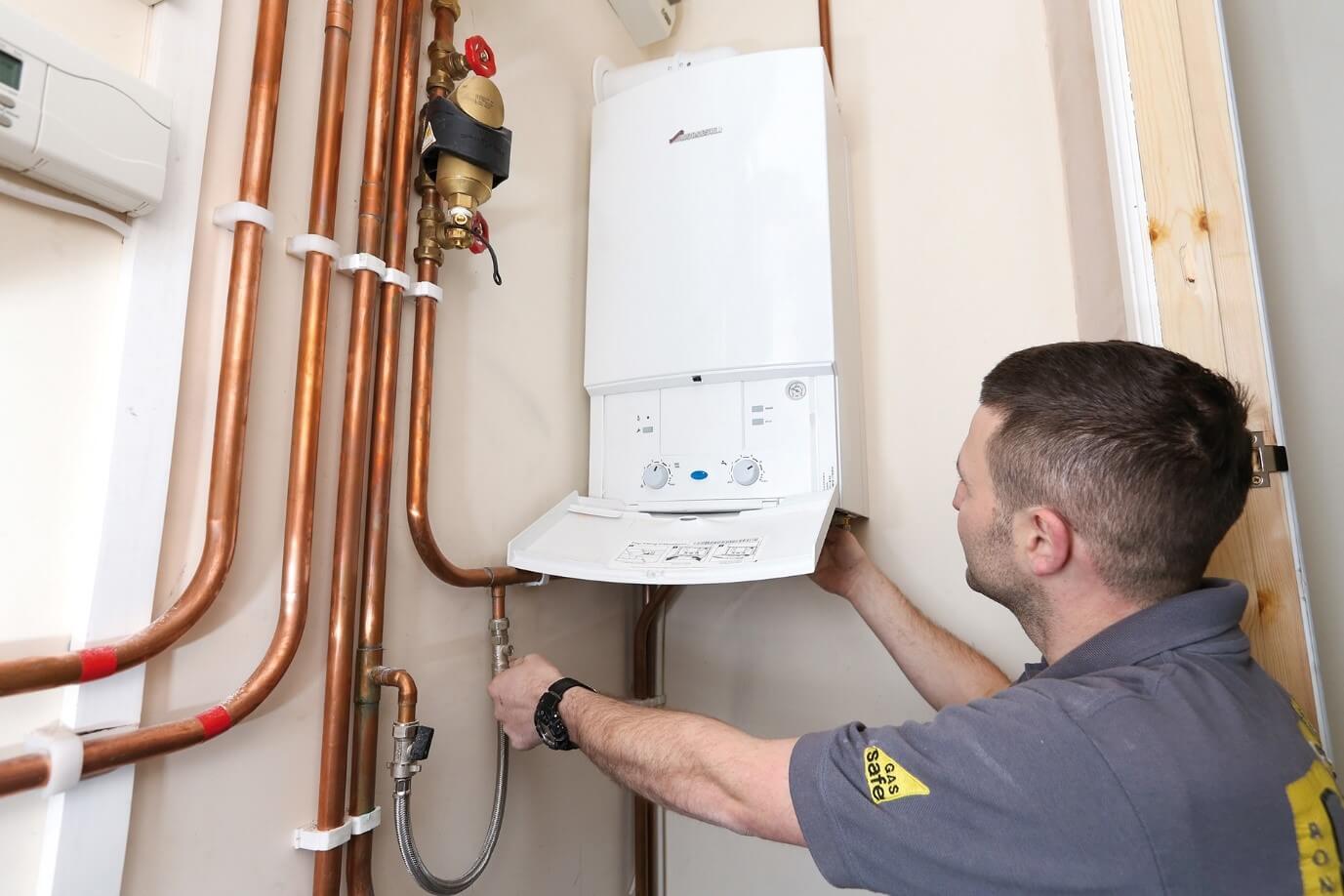Finding Reliable Computer Help Near Me: Your Local Solutions for Tech Support

Understanding Computer Help Services
In today’s fast-paced digital world, access to reliable computer help services has become essential for individuals and businesses alike. Whether you are dealing with a slow laptop, a malfunctioning printer, or a virus-riddled desktop, finding computer help near me can make all the difference in restoring your productivity. This comprehensive guide will explore the various types of services available, common issues facing users, the benefits of seeking local help, and much more.
Types of Services Offered
The landscape of computer help services is varied and highly specialized. Here are some of the most common services you might encounter:
- Hardware Repairs: This includes fixing broken screens, replacing hard drives, and resolving issues with peripheral devices like printers and scanners.
- Software Support: Technicians often handle operating system installations, software updates, and troubleshooting software malfunctions.
- Virus and Malware Removal: Cyber threats are ever-present; professional services can help in detecting, removing, and preventing malware infestations.
- Data Recovery: If you’re facing data loss due to hardware failure or accidental deletion, specialists can often recover lost files.
- Network Setup and Support: This includes setting up home and office networks, as well as troubleshooting connectivity issues.
- Remote Support: Many services offer online assistance, allowing technicians to access your computer remotely to troubleshoot and fix issues without an in-person visit.
Common Issues and Solutions
Many computer users face similar problems. Understanding these common issues and their solutions can help you prepare when seeking help:
- Slow Performance: Often due to an overloaded system or unnecessary programs running in the background. Suggested solutions include cleaning up files, upgrading RAM, or reinstalling the operating system.
- Overheating: This can result from dust accumulation or failing components. Solutions might involve cleaning the device or replacing cooling fans.
- Infection by Malware: Regular scans with trusted antivirus software can help prevent attacks; removing viruses may require professional software tools.
- Hardware Failures: If your computer isn’t turning on or makes unusual noises, it may be a sign of hardware failure which generally requires professional diagnosis and replacement of parts.
Benefits of Local Computer Help
While remote support is increasingly popular, opting for local computer services has distinct advantages:
- Quick Response Time: Technicians can provide immediate assistance and often resolve issues within a single visit.
- Personalized Service: Local businesses tend to offer more tailored services, focusing on your specific needs rather than generic solutions.
- Community Trust: Local technicians often rely on word-of-mouth and customer reviews, creating a sense of trust and reliability.
- Support Local Economy: Choosing local services helps to support community businesses and keeps money within the local economy.
How to Choose the Right Computer Help Near Me
Finding the right computer help doesn’t have to be daunting. Here’s a systematic approach to help you select a service provider that meets your needs.
Researching Local Technicians
Start your search by identifying local service providers. Utilize search engines, local directories, and community boards to compile a list of potential candidates. Consider services that offer both in-shop and on-site support to accommodate your specific requirements.
Checking Reviews and Ratings
Once you have a shortlist, checking online reviews can provide insights into the reliability and quality of service. Websites like Yelp and Google Reviews are trusted platforms where past customers share their experiences:
- Look for a high volume of positive reviews, indicating consistent service quality.
- Pay attention to how the business responds to negative reviews—this can reveal their customer service approach.
- Consider reviews that mention specific issues alluding to your needs (e.g., virus removal, data recovery).
Assessing Service Offerings
Not all computer help services are created equal; some may specialize in particular areas. Evaluating their service offerings ensures they align with your needs:
- Check if they handle both hardware and software issues and whether they can support older devices.
- Confirm if they provide warranties on repairs or services. A good technician should stand by their work.
- Inquire about response times for emergencies and whether they offer after-hours support.
DIY Troubleshooting Tips Before Seeking Help
Before calling for help, consider these DIY troubleshooting steps to potentially resolve minor issues:
Identifying Common Problems
Many problems can be identified quickly. Is your computer freezing or running slow? Try restarting it and closing unnecessary applications. If there’s no improvement, it may be a deeper issue.
Basic Repair Techniques
Some issues can be addressed with basic troubleshooting:
- For software glitches, ensure all updates are installed and performing a full system scan.
- If your computer is malfunctioning due to a lack of space, delete old files and uninstall programs that are no longer needed.
- For hardware-related issues, check connections and ensure that all components are securely attached.
When to Call for Professional Help
Even with the best DIY efforts, there are certain situations when professional intervention is necessary:
- Unable to resolve persistent software issues despite troubleshooting.
- Non-responsive hardware such as screens, keyboards, or internets failing connectivity.
- Need for data recovery after accidental deletion or hardware failure.
Cost Considerations for Computer Support
Understanding the costs associated with computer help can help you budget appropriately. Rates can vary based on the issues at hand and the type of service required.
Understanding Pricing Structures
Computer repair services may offer various pricing models:
- Hourly Rates: Many technicians charge by the hour. Be sure to inquire about estimated hours before starting work.
- Flat Fees: Some services may offer flat rates for specific tasks (e.g., virus removal, hardware installation).
- Subscription Models: For frequent users, some companies offer subscription-based services covering regular maintenance and support.
Budgeting for Tech Repair Services
Anticipating common repair issues can help you set aside an appropriate budget. Keep in mind:
- Research average repair costs in your area to avoid overpaying.
- For major hardware issues like replacing a motherboard or screen, saving beforehand can mitigate surprise expenses.
Insurance and Warranty Considerations
Read through any warranties or insurance coverage you may have for your devices. Understanding your rights and potential coverage can save you significant costs in repair:
- Check if your warranty covers damages and repairs, especially for new laptops or computers.
- Insurance or extended coverage plans might also cover accidental damage, providing peace of mind.
Future Trends in Computer Help Services
The field of computer help is evolving, and being aware of future trends can help you make informed decisions:
In-Home vs. Remote Support
The ongoing pandemic has accelerated the acceptance of remote support. However, many users still prefer in-home visits for hardware issues. Balancing these two service models allows providers to cater to a broader range of needs.
Emerging Technologies in Tech Support
As technology advances, so do the services provided. Artificial Intelligence (AI) and machine learning are increasingly implemented for better diagnosis and troubleshooting, providing faster service with improved accuracy.
Preparing for Tech Needs Post-COVID
As people transition back to normalcy, understanding how to navigate computer support in hybrid work environments is crucial. Expect services that cater to both home offices and traditional office setups to dominate the market.








